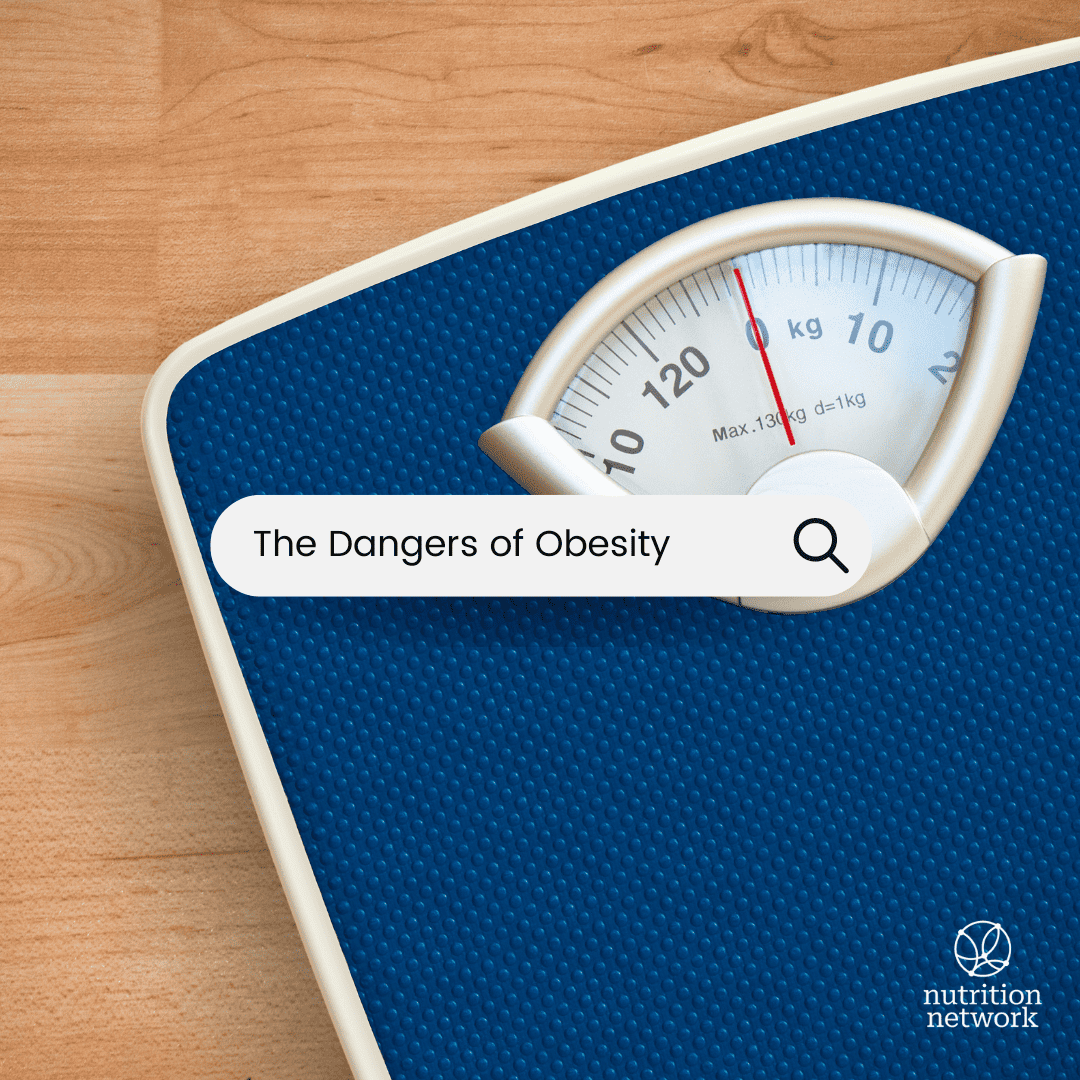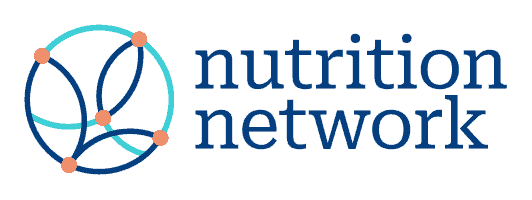
Obesity is a global health concern that extends far beyond its impact on appearance. Defined by excessive body fat accumulation, obesity is associated with a range of serious health conditions and can significantly reduce both quality of life and lifespan.
One of the primary dangers of obesity is its strong association with cardiovascular disease. Excess body fat can lead to high blood pressure, atherosclerosis (hardening of the arteries), and heart failure, making obesity a major risk factor for heart disease and stroke.
Obesity is also closely linked to the development of type 2 diabetes. The condition is characterized by insulin resistance, leading to high blood sugar levels and the onset of diabetes. Furthermore, obesity increases the risk of several types of cancer, including breast, colon, and pancreatic cancer. This heightened risk is thought to be due to the chronic low-grade inflammation and hormonal imbalances associated with obesity.
Obesity is also a significant risk factor for musculoskeletal disorders, particularly osteoarthritis. The excess weight places increased pressure on the joints, leading to pain, stiffness, and reduced mobility. In addition to these physical health risks, obesity is associated with various mental health issues, including depression, anxiety, and low self-esteem. The social stigma surrounding obesity can also lead to discrimination and further exacerbate these mental health issues.
Find out why your patients aren’t losing weight despite following conventional advice and use this information to turn your patients’ health around. It turns out that the CICO (Calories In, Calories Out) model of obesity that we’ve used for years, may be wrong. CICO posits that weight gain is primarily determined by the balance between the calories consumed (through food and drinks) and the calories expended (through metabolism and physical activity). In this model, if one consumes more calories than they expend, they will gain weight, and vice versa. But starving ourselves and exercising more doesnt work for weight loss, because we end up hungry and down regulating our metabolism to compensate.
On the other hand, the insulin model of obesity focuses on the role of insulin, a hormone secreted by the pancreas to regulate blood sugar levels. According to this model, excessive consumption of refined carbohydrates and sugars leads to elevated insulin levels, which promote fat storage and inhibit fat breakdown. This results in weight gain and difficulty in losing weight, independent of calorie intake. But changing what and when we eat, rather than focusing on how much we eat, calorie intake naturally reduces and weight loss is happens without the hunger and associated drop in basal metabolic rate.
For Medical & Allied Health Care Professionals, we offer an online, self-paced training called Obesity: Risk & Reversal Training. Providing you with valuable insights into managing and reversing obesity and its associated conditions. This training explores the risks associated with obesity and how Therapeutic Carbohydrate Restriction (TCR) and Keto nutrition can be used in clinical practice to effectively manage and reverse obesity.
What’s in store for you?
- Access to downloadable, topic-specific resources.
- Entry to our carefully curated listing of high-quality low-carb and ketogenic research.
- Exclusive access to our Community Forum for networking and knowledge exchange.
“Obesity is a slow and insidious expression of the human body’s struggle to deal with over-nutrition and, in many cases, malnutrition. Perhaps because there seems to be no way to reverse it long-term, it has become accepted, often with much frustration and shame, and has been wrongly associated with poor willpower,” says Dr Hassina Kajee, Specialist Physician and Medical Director of the Nutrition Network.
Obesity: Risk & Reversal brings together industry experts and includes lectures by Prof Tim Noakes, Dr Frank Lipman, Dr Brian Lenzkes, Dr Robert Cywes, Dr Holden MacRae and Dr Hassina Kajee, to name but a few.
“Obesity and diabetes are integrally related. It is so important, as medical practitioners, to understand the mechanisms (and the politics) behind the causes of both obesity and diabetes. This module explores these in greater depth than I remember learning, even when I did a post-graduate diploma in diabetes. It helps dispel the myth that it is all about calories, but rather deals with how the quality of food matters, and food can be medicine in healing these twin issues,” says Dr Neville Wellington, diabetes expert and Medical Director of the Nutrition Network.
In an excerpt from his lecture “Obesity & Diet: An Introduction”, Prof Tim Noakes says: “Understanding nuances of our own biology casts the food industry’s business plans in a very different light. What did we expect to happen when this industry embarked on a highly profitable business model that made food high in sugar, fat and salt widely available; conditioned us to associate their products with positive emotions; and created environments that foster these positive associations?”
In his lecture, Dr Frank Lipman, leader in functional and integrative medicine and bestselling author, discusses the many lifestyle factors that play a role in obesity. Dr Lipman discusses obesity and its causes, stating that it is a multifactorial condition, with no one-size-fits-all approach when it comes to diet. He discusses the need for medical practitioners to consider a number of factors during a patient’s or client’s life cycle and the value that health coaches bring to the medical profession as being instrumental in helping patients implement lasting change.
Professor of Exercise Science Dr Holden MacRae discusses the role of exercise in the treatment and management of obesity. In his lecture, Dr MacRae addresses the existing exercise recommendations and guidelines for adults and how they have not been updated in recent years. He also goes on to explain a number of misconceptions related to exercise.
Key Topics and Speakers,
The training includes a diverse range of lectures and discussions led by renowned experts in the field:
- Obesity & Diet by Professor Tim Noakes
- White Adipose Tissue as an Endocrine Organ: The Focal Role of Obesity in Aetiology of Metabolic Diseases by Dr. Hassina Kajee
- The Clinical Associations of Obesity by Dr. Brian Lenzkes
- NAFLD: Pathophysiology & Clinical Manifestations by Dr. Robert Cywes
- Tackling Obesity in the Food System by Sonia Mountford
- Obesity & Lifestyle: Functional Medicine Models (aging well & immune resilience) Interview style by Dr. Frank Lipman
- Exercise & Obesity by Professor Holden MacRae
- Obesity Panel Discussion: Lessons from the COVID-19 Pandemic. A Model to Rebuild Health Structures by Panel including Nutrition Network board & Dr. Robert Lustig
- Prevention & Management of Obesity in Childhood by Tamzyn Murphy, RD, MSc
- Reversing the Obesity Epidemic: The Eat Better South Africa Model by Jayne Bullen
- Diabetes & Obesity by Dr. Neville Wellington
- Using Wild Animals as Models to Study Human Disease by Professor Tertius Kohn
By understanding the dangers of obesity and implementing evidence-based strategies, healthcare professionals can work towards combating this global epidemic and improving the health and well-being of their patients.
Did you know we have a research directory? Click here and access Systematic Reviews, Meta-Analyses, and other reviews on Obesity/Weight loss.
Reference List
- World Health Organization. (2022). Obesity and overweight. Retrieved from https://www.who.int/news-room/fact-sheets/detail/obesity-and-overweight
- Centers for Disease Control and Prevention. (2022). Health effects of overweight and obesity. Retrieved from https://www.cdc.gov/healthyweight/effects/index.html
- National Institute of Diabetes and Digestive and Kidney Diseases. (2022). Overweight & Obesity Statistics. Retrieved from https://www.niddk.nih.gov/health-information/health-statistics/overweight-obesity
